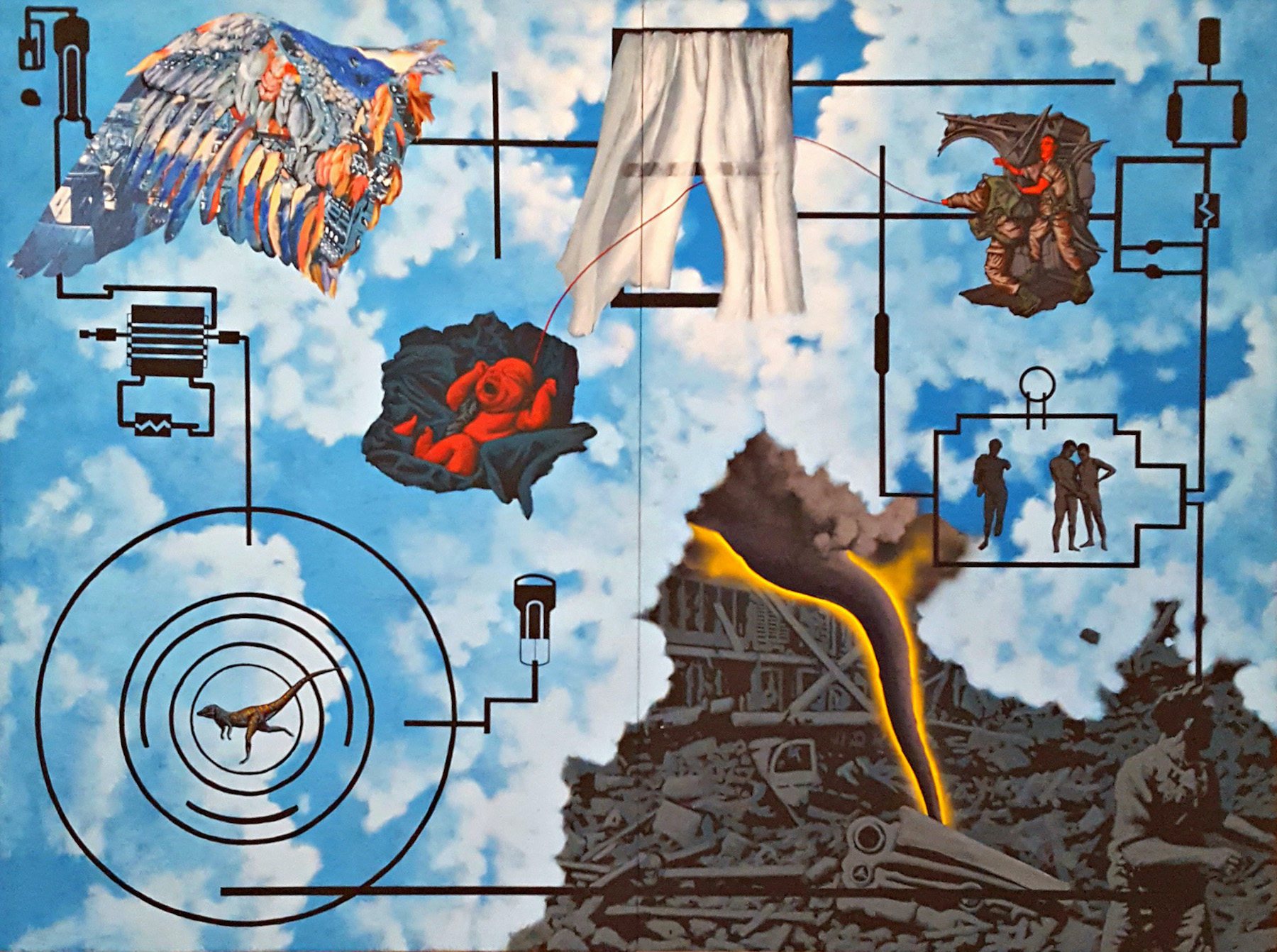Fiction as Universal Truth
DOI:
https://doi.org/10.58519/aesthinv.v3i1.11946Keywords:
truth to the world, truth to the author, truth to the work, literature, universal truth, fiction, AristotleAbstract
Perhaps, a work of fiction’s truth is the unfaltering manner in which its details guide the spectator, reader or listener to the coherent whole of the work, and never disappoint their experience, or at least never for long. This view requires us to hold back the inclination to think of truth as short for the correspondence of some representation to something beyond itself, which is the normal way to view truth in real life, in journalism and in science. A work that is true to itself may be said to generate a particularist type of universal knowledge, like Aristotle characterised poetry at the expense of history in his Poetics.
References
Arbus, Diane. 2003. Revelations. New York: Random House.
Aristotle, Horace, Longinus. 1986. Classical Literary Criticism. Edited by T.S. Dorsch. Harmondsworth: Penguin Books.
Sartre, Jean-Paul. 2003 (1956). Being and Nothingness. An Essay on Phenomenological Ontology. Translated by Hazel E. Barnes. New York and London: Routledge.
Wollheim, Richard. 2001. “On Pictorial Representation.” In Richard Wollheim on the Art of Painting. Art as Representation and Expression, edited by Rob van Gerwen, 13–27. Cambridge, New York: Cambridge University Press.
Downloads
Published
Issue
Section
License

This work is licensed under a Creative Commons Attribution 4.0 International License.
Authors who publish with this journal agree to the following terms:
Authors retain copyright and grant the journal right of first publication with the work simultaneously licensed under a Creative Commons Attribution License that allows others to share the work with an acknowledgement of the work's authorship and initial publication in this journal. Note: up to volume 4 issue 1, an incorrect copyright line appears in the PDFs of the articles.
Authors are able to enter into separate, additional contractual arrangements for the non-exclusive distribution of the journal's published version of the work (e.g., post it to an institutional repository or publish it in a book), with an acknowledgement of its initial publication in this journal.
Authors are permitted and encouraged to post their work online (e.g., in institutional repositories or on their website) prior to and during the submission process, as it can lead to productive exchanges, as well as earlier and greater citation of published work (See The Effect of Open Access).






